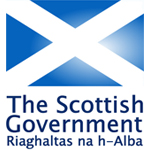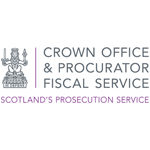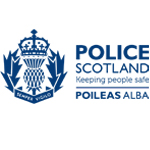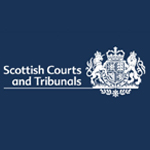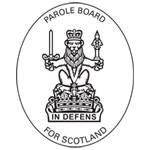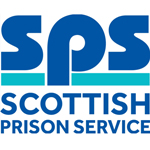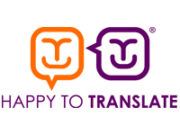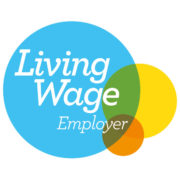Scottish Government announces plans to reduce unpaid work backlog
New measures regarding some elements of Community Payback Orders will help ensure the justice system can operate effectively and ease pressure on local authorities as the coronavirus (COVID-19) pandemic continues.
Public health restrictions introduced since the outbreak last March have significantly impacted upon unpaid work – the most common element of Community Payback Orders (CPOs) – that can be undertaken safely. Most recently, the Chief Medical Officer has written to Local Authorities recommending that face-to-face unpaid work orders are suspended in those Councils under enhanced Level 4 stay at home restrictions.
The Scottish Government is laying regulations to reduce the unpaid work element imposed in existing CPOs by 35%, with the exception of those imposed for domestic abuse, sexual offences, or stalking.
“We understand that exceptions have been put in place for orders imposed for domestic abuse, sexual offences and stalking. However, we believe this still leaves many people impacted by crime with uncertainty, which can be triggering and traumatic."
Those categories of CPOs have been excluded to mitigate potential risks to future reporting of these offences, recognising ongoing work over many years by victims organisations, justice partners, government and others to remove the barriers that exist in relation to those offences.
Kate Wallace, Chief Executive of Victim Support Scotland, said:
“Victim Support Scotland recognises and supports any initiative to reinvigorate the justice system during the pandemic, but we are disappointed that we could not find more creative ways of organising and delivering unpaid work in Scotland in a safe way during this pandemic. We believe the safety of victims and the wider community is paramount. We therefore want reassurances that this reduction in unpaid hours does not compromise people’s safety and wellbeing, and that justice is ultimately being served.
“We understand that exceptions have been put in place for orders imposed for domestic abuse, sexual offences and stalking. However, we believe this still leaves many people impacted by crime with uncertainty, which can be triggering and traumatic. Furthermore, we are aware without the resources in place to monitor and ensure Community Payback Orders are carried out effectively, many existing hours remain unfulfilled. This does not invoke public trust or confidence.
“Victim Support Scotland is therefore seeking assurances that the remaining hours of unpaid work within Community Payback Orders will be carried out, and that the impact of this development will be closely monitored with public safety considered paramount.”
Justice Secretary Humza Yousaf said:
“Scotland’s justice social workers and other community justice staff play a critical – though often unseen – role in ensuring the delivery of community-based sentences that, in recent years, have contributed to record low reconviction rates which in turn help keep crime down and communities safe, with fewer victims.
“The public health challenges they have faced during the pandemic were recognised by Parliament when it approved provisions in the Coronavirus (Scotland) Act to allow community orders, including unpaid work, to be varied if necessary.
“It is clearly important for all those involved to ensure justice is carried out swiftly and effectively and that confidence in community orders is retained. This challenge, by no means exclusive to Scotland, requires a balanced and sensitive response.
“While I acknowledge that some may have concerns, I can assure victims of crime and others that the justice system continues to hold those who commit offences to account.
“This proportionate measure will help address the unavoidable build-up of unpaid work resulting from essential public health restrictions, while ensuring that those on community orders still serve the majority of their sentences.”
Victim Support Scotland is here to help anyone affected by crime. If you need support, please contact us via our helpline (0800 160 1985), our webchat service (see bottom right) or our contact form.
Latest news and blogs
-

Victims’ charity seeks support to uphold victims’ rights
Victim Support Scotland, Scotland’s leading national charity for victims, is urging MSPs to consider victim support and information needs in the Children (Care and Justice) (Scotland) Bill as the debate of Stage 3 of the Bill approaches on 24 April.
Read more
-

Join Victim Support Scotland as a charity Trustee
Are you an exceptional leader, ambitious for change to improve victims’ and witnesses’ experiences of the criminal justice system? Leading charity VSS is looking for high calibre and committed professionals to join our Board of Trustees.
Read more
-
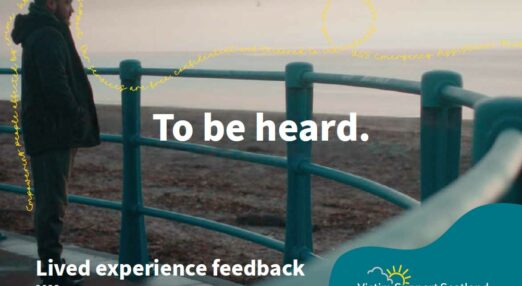
The importance of feedback
We always seek to hear from individuals affected by crime about their experiences with our services. This is crucial to ongoing learning and improvement within our work and in informing others about how our support can make a difference. We particularly encourage those who have experienced harm caused by children and young people under 18 to share their views.
Read more
-

Minister goes to court to learn about services for victims and witnesses
As part of Victims’ Awareness Week, Minister for Victims and Community Safety Siobhian Brown visited Edinburgh Sheriff Court for a familiarisation visit.
Read more
-
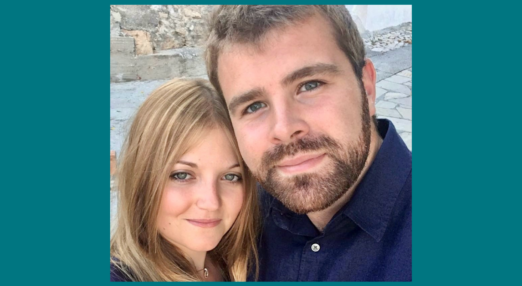
Bex’s story
Read more
-
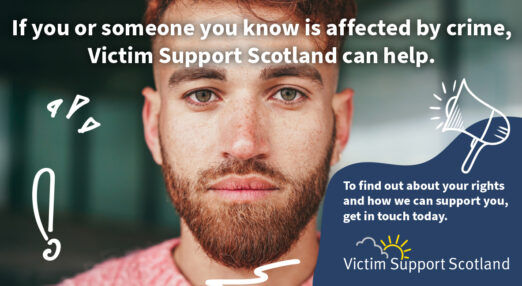
Campaign launches to support more victims of crime – press release
Read more
-

Student Volunteering Week – Priya’s story
Read more
-

Student Volunteering Week – Anna’s story
Read more
-

Victim support organisations sign open letter calling for anonymity for children who die as a result of crime
Read more
-

Over 60 families bereaved by crime in Scotland sign open letter calling for change in law to protect child victims of murder
Read more
-
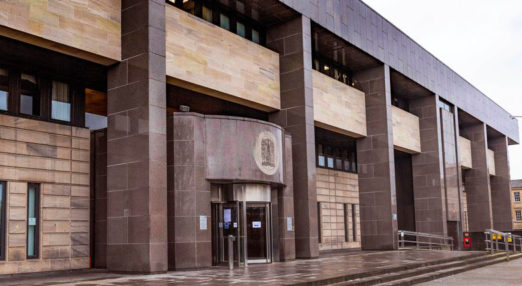
Victims and Witnesses – Joint Protocol
Read more
-
2023 – look back
Read more

